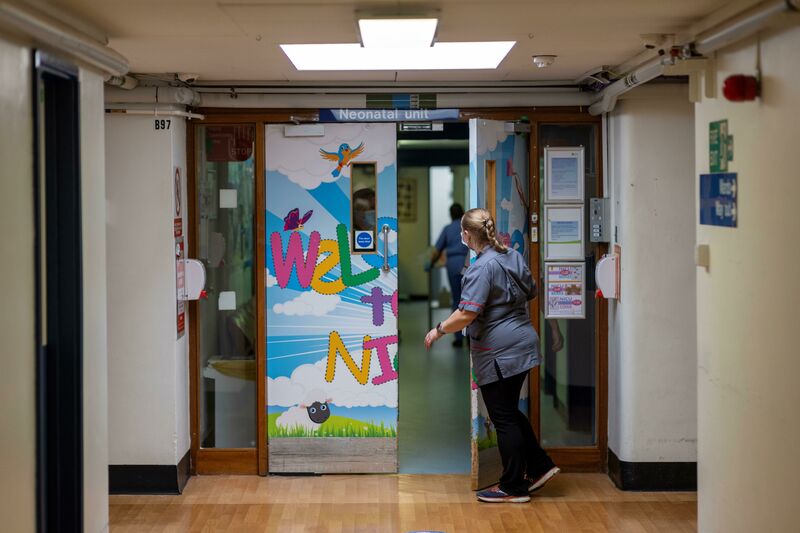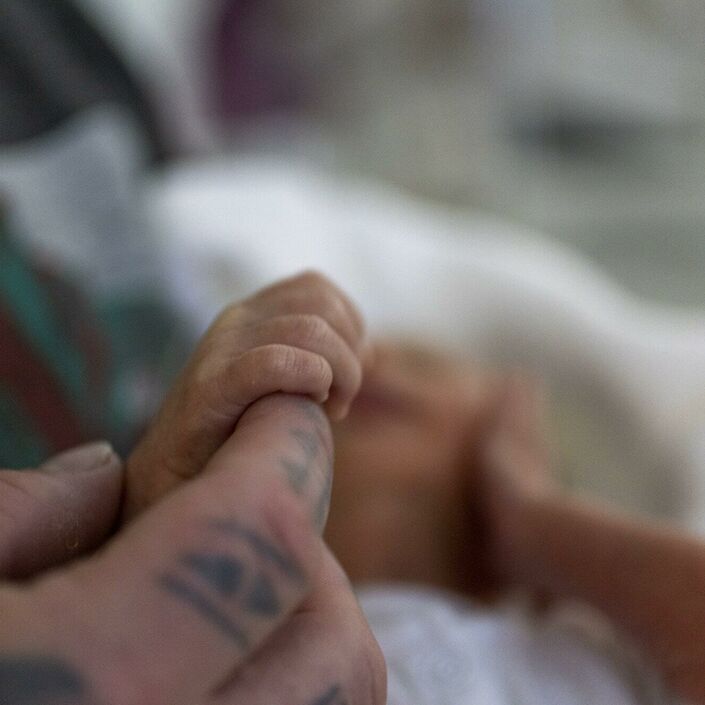Advance Care Planning
An Advance Care Plan (also called an Anticipatory Care Plan or Future Care Plan depending on where you are based in the UK) is a care plan that sets out agreed actions to be followed if or when your baby’s condition gets worse. The ACP will be specific to the needs of your baby and your family. It can be shared with all professionals involved in the routine care of your baby as well as those who might be called in an emergency. This means that everyone has clear information about your wishes and needs.
Children's hospice services
Children's hospice services provide care for babies, children and young people with life-limiting conditions and their families. Children’s hospice services can deliver this care in a purpose built building and/or in the home (commonly termed ‘hospice at home’).
Diagnosis
Diagnosis means identifying an illness or other condition by looking at the symptoms.
End of life care
End of life care is provided when it is recognised that the baby or child’s death is likely to happen soon. It focuses on preparing for an anticipated death and managing the end stage of a terminal medical condition. This includes care during and around the time of death and immediately afterwards.
End of life care enables the support and palliative care needs of both the baby or child, and their family, to be identified and met throughout the last phase of life and into bereavement. It includes management of pain and other symptoms, as well as provision of psychological, social, spiritual and practical support for the family into bereavement.
Life-limiting condition
A life-limiting condition is a condition (sometimes called a life-shortening condition) for which there is no reasonable hope of cure and from which a baby or child will likely die.
Life-threatening condition
A life-threatening condition is a condition for which curative treatment may be possible but can fail, such as children with cancer.
Parallel Care
It may be that your baby’s prognosis is unclear and that it’s suggested you plan both for their ongoing care needs and for their end of life. This planning, for both possible outcomes, is sometimes called ‘parallel planning’. It means that we are hoping for the best whilst also planning for the worst case scenario so we then have a plan in place for both scenarios. For example, if your baby lives longer than expected, as well as for their death.
Palliative Care
Palliative care is an active and total approach to care, from the point of diagnosis or recognition that the future is uncertain, through to the baby’s or child’s death and the family’s bereavement. It includes physical, emotional, social and spiritual elements of care, focusing on enhancing quality of life and comfort for the baby or child and support for the family.
Prognosis
A prognosis is the likely course of a condition or illness and can include anticipated life expectancy.
Supportive care
Supportive care is an ‘umbrella’ term for all services which may be required to improve the quality of life for people with life-limiting or life-threatening conditions.



